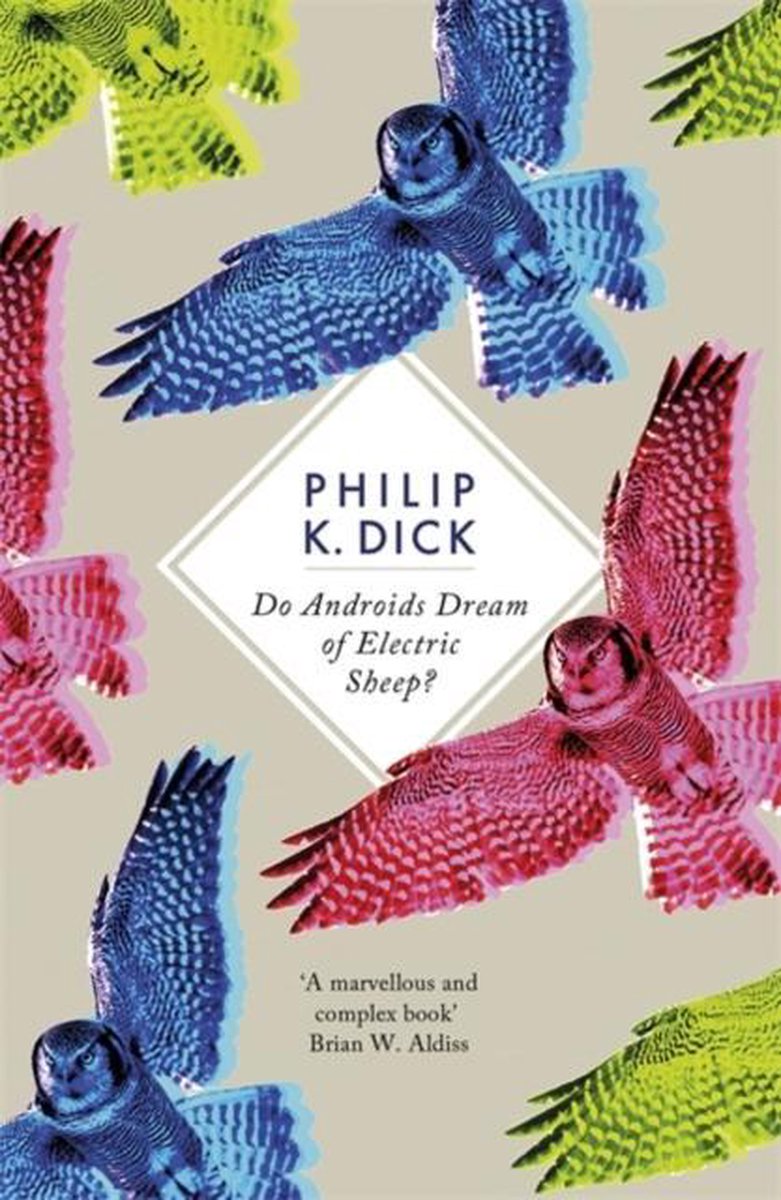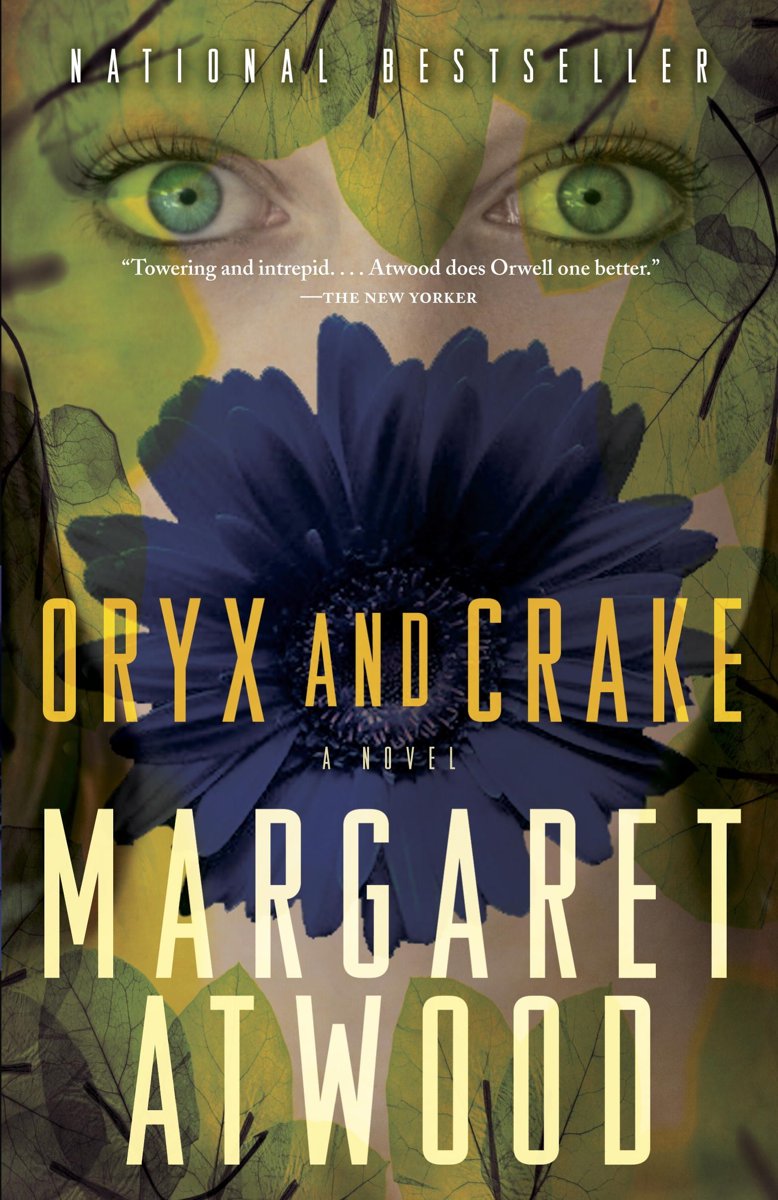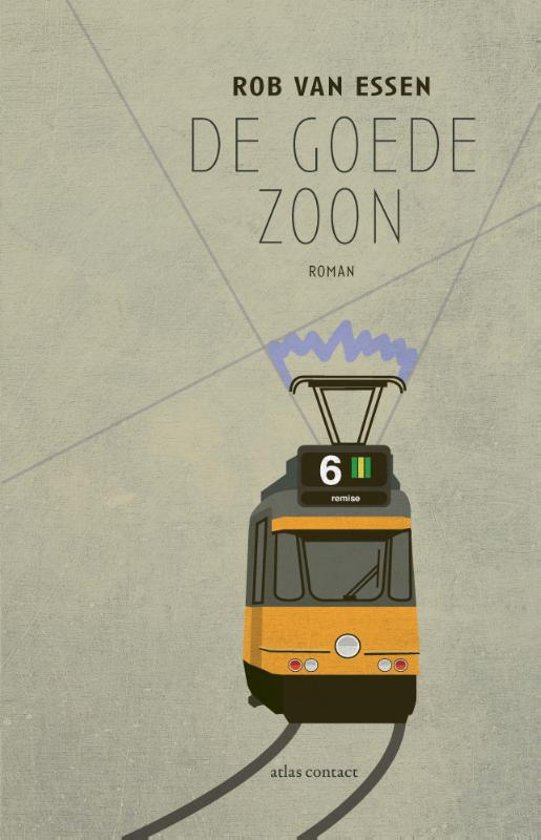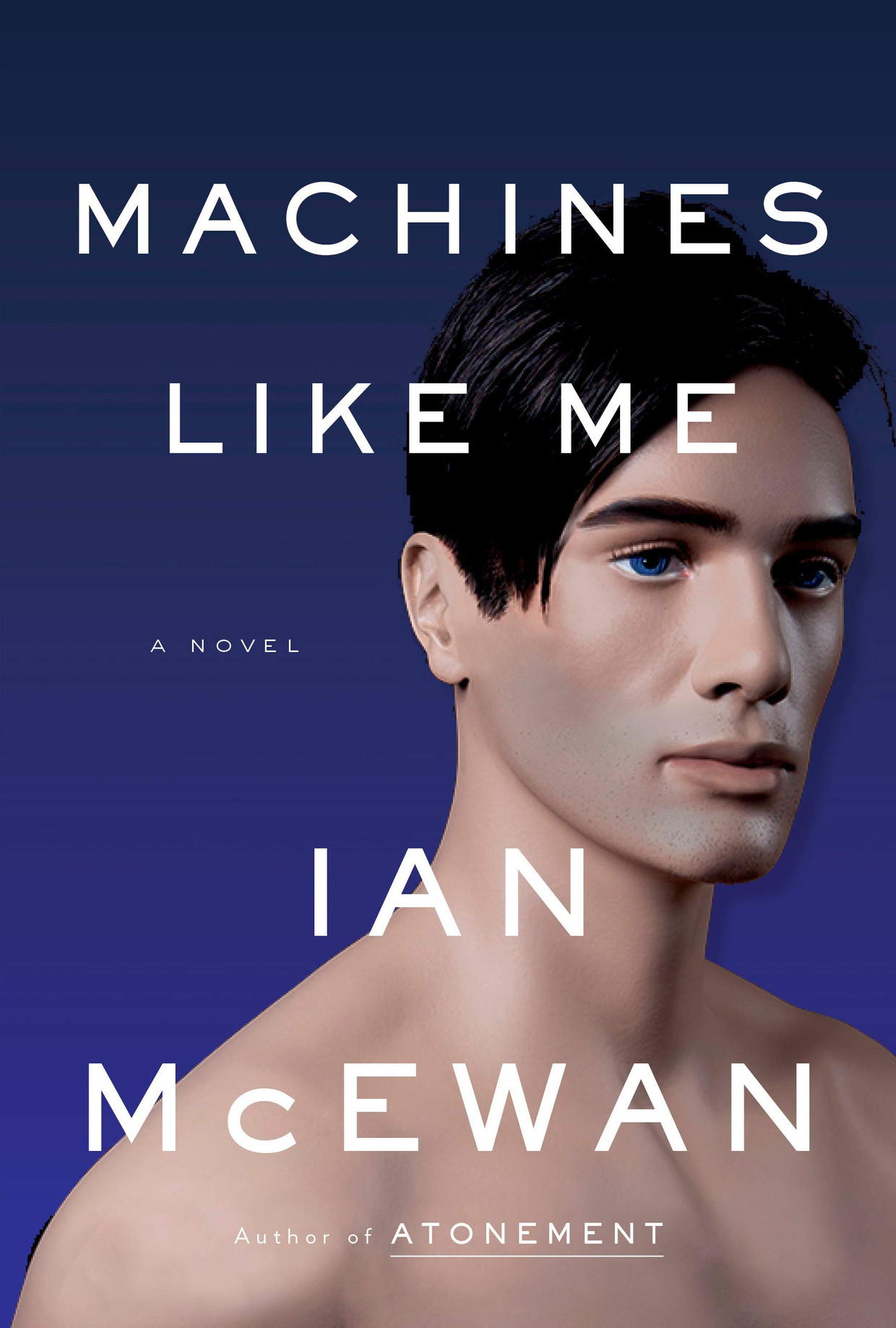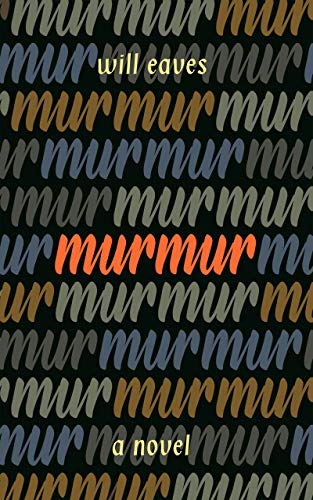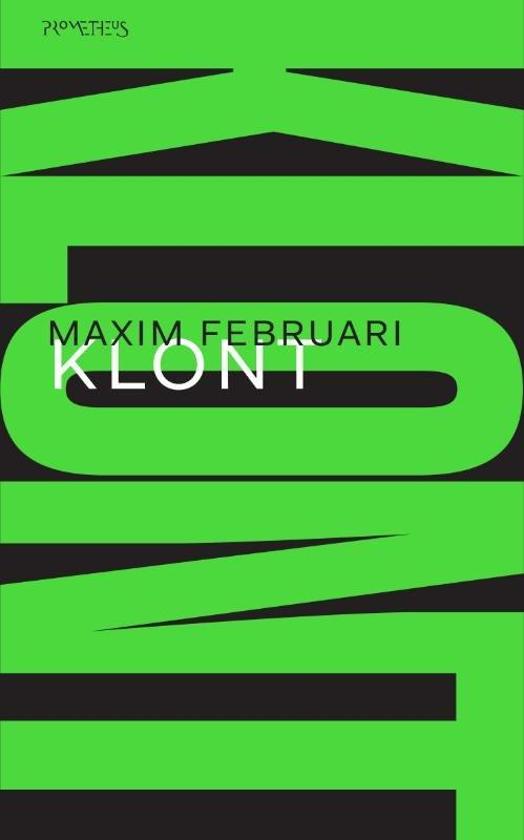The exhibition BodyDrift – Anatomies of the Future explores how artists and designers are thinking about the future of the human body. This is a common theme in novels too – in both classic science fiction and contemporary post-apocalyptic literature. These are the favourite novels of our museum staff on the themes raised by the exhibition.
Frankissstein – Jeanette Winterson (2019)
A Gothic novel in which Jeanette Winterson looks back to the genre’s origins in the early nineteenth century through the eyes of Mary Shelley herself. She ties this strand of the story into a kaleidoscopic near-future narrative about a modem Frankenstein – a seller of sex robots and a gender-fluid doctor.
Do Androids Dream of Electric Sheep? – Philip K. Dick (1969)
An absolute sci-fi classic, which – filmed as Blade Runner (1982) – invited audiences to reflect on the degrees of humanity we will expect of the androids that are created in the future to assist us. The movie is set in November 2019, which was 37 years in the future at the time it was made.
Oryx and Crake – Margaret Atwood (2003)
An apocalyptic novel from the queen of speculative fiction. Snowman is probably the last surviving human on a ravaged earth. The reader learns through a series of flashbacks that genetic manipulation and bio-engineering were the trigger for this utter destruction.
De goede zoon (The Good Son) – Rob van Essen (2018)
This book was the deserved winner of the prestigious Libris Literature Prize in the Netherlands. It is a weird and grotesque exploration of the value of being human in a society in which every task can be performed by a robot. The novel culminates in an unforgettably bizarre sex scene between the principal character and a self-driving car.
Machines Like Me – Ian McEwan (2019)
McEwan begins his novel in an alternative Britain during the Thatcher years. After a small group of smart robots is launched on the market, it quickly becomes apparent that the world isn’t yet ready for their artificial intelligence.
Alan Turing is internationally famous as a Second World War codebreaker and the inventor of the ‘Turing Test’ for assessing the artificial intelligence of a computer. In this novel, however, it is not a computer but Turing’s own mind that is explored. A book about artificial intelligence, sexuality and identity.
Klont (Glob)– Maxim Februari (2017)
The world is threatened by a glob – a tangle of data that has begun to live a life of its own on the internet. A charismatic young academic warns against the datafication of society and the coming of the glob. A musty data expert from the Ministry of Security is called in to investigate whether or not he is correct. An intelligent and disturbing novel.

